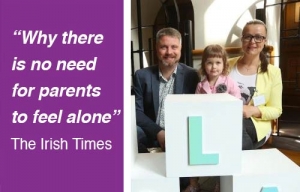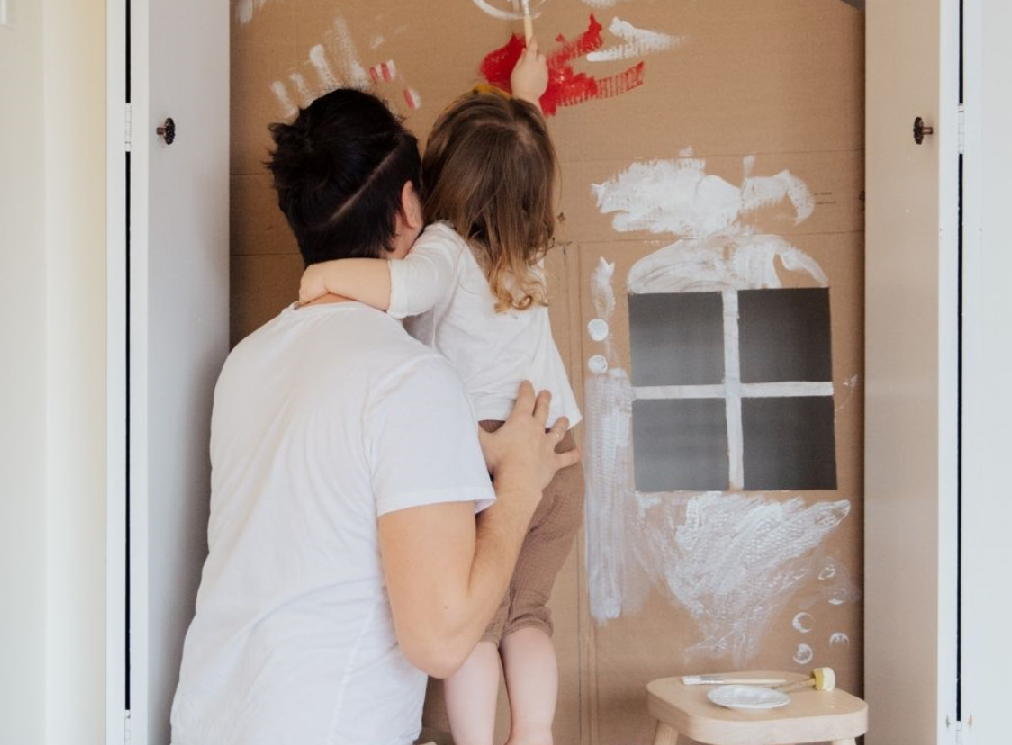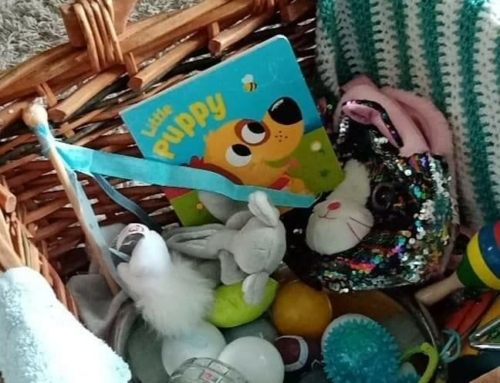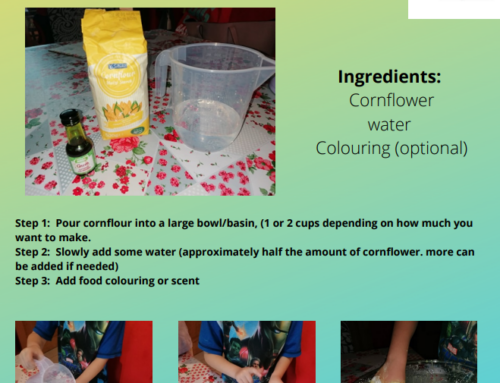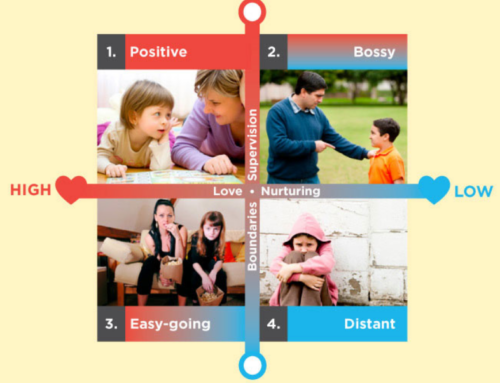If you ask a young child who is the most important person in their world they will mostly say one of their parents! Parents sometimes don’t give themselves enough credit for how important their role is in their child’s life. Statistics show children spend 85% of their time at home with their parents or caregivers and research shows by five years old young children have formed 90% of their brain. This research backs up what young children already know – that parents play an important role in their young lives.
Parents and early childhood life experiences, whether good or bad, will have a long-lasting impact on a child’s health and emotional wellbeing, child development outcomes, ability to succeed in life, play a role in shaping the adult your child will become and an ability to learn. Learning comes in many forms from playing games, reading books, helping out with housework, singing in the car or exploring nature. All these daily activities are important learning opportunities for your young child to grow, develop and learn whilst having fun they are also improving their cognitive, social and emotional skills. The main ingredient to these successful learning opportunities and giving your child the best start in life is the parent-child relationship.
Research shows positive parent-child interactions and the positive parent-child relationship are predictive factors of a child’s later success in school. Some of these include:
- Regular special time with your child
Setting aside special quality one on one time with your child will show your child you value and appreciate them. Planned and regular one on one time will increase the connection between you and your child and build and strengthen your relationship. This special time also provides learning opportunities. E.g. include reading a book to your child. Reading aloud will expose your child to the structure and vocabulary of good literature and will increase their confidence, self-esteem and interest in reading.
- Become involved in the child’s play and show an interest in their activities.
By playing with your child you are showing them you are interested in their activities. This will help encourage and give your child the confidence to explore, observe, experiment, make mistakes and solve problems and this will give you an insight into what interests your child and how your child likes to learn.
Playing is an important part of a child’s learning and development but also is a fun way to develop your relationship with your child, build on your child’s language skills, creativity and social and emotional skills.
- A warm loving parent-child relationship
When a parent responds to their young children’s needs and cues in a warm, loving, responsive, and consistent manner they are further strengthening the secure attachment base they have developed for their young children when they were babies. These warm loving cognitive and emotional interactions between parent and child provide a foundation to allow children to grow confidently and learn to manage their own feelings, behaviours by becoming self-reliant, resilient and also strengthens the parent-child relationship.
A warm and loving parent-child relationship were predictors of good working habits, good behaviour, better social skills, school readiness and good school success among preschool children.
- Good two-way communication
Role modelling good communication skills is key to showing your child how to learn good communication skills. Be an active listener, let your child voice their opinion and respond to any questions they may have. Ask questions to show your child you understand their viewpoint. By role modelling how to be an effective communicator, you are helping your child improve their communication skills whilst showing your child how to communicate with other children and adults.
If your child is in nursery or preschool research showed that parents can support their child’s learning by communicating regularly with their teachers, demonstrating a genuine interest in their child’s progress and learning and participating actively in their homework.
Overall, as parents, you are your child’s first teacher, their main role model and provide daily learning opportunities for your child in the home. In order to promote your child’s learning at home and a positive parent-child relationship, parents should be actively involved in playing, talking, listening and interacting with your child. By engaging in these behaviours you are helping your child learn key life skills, like communicating, thinking, solving problems and how to interact with other children and adults. The above research shows that parental involvement through the parent-child relationship will help enhance a child’s present development, later success in school and future personal and professional development.
More information on the influence of the parent-child relationship is available on Issue 47 in the Growing Child Magazine.

